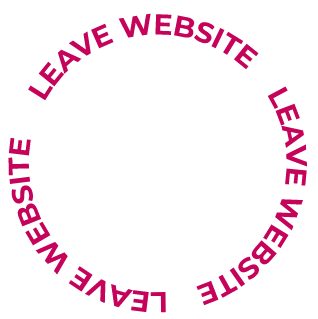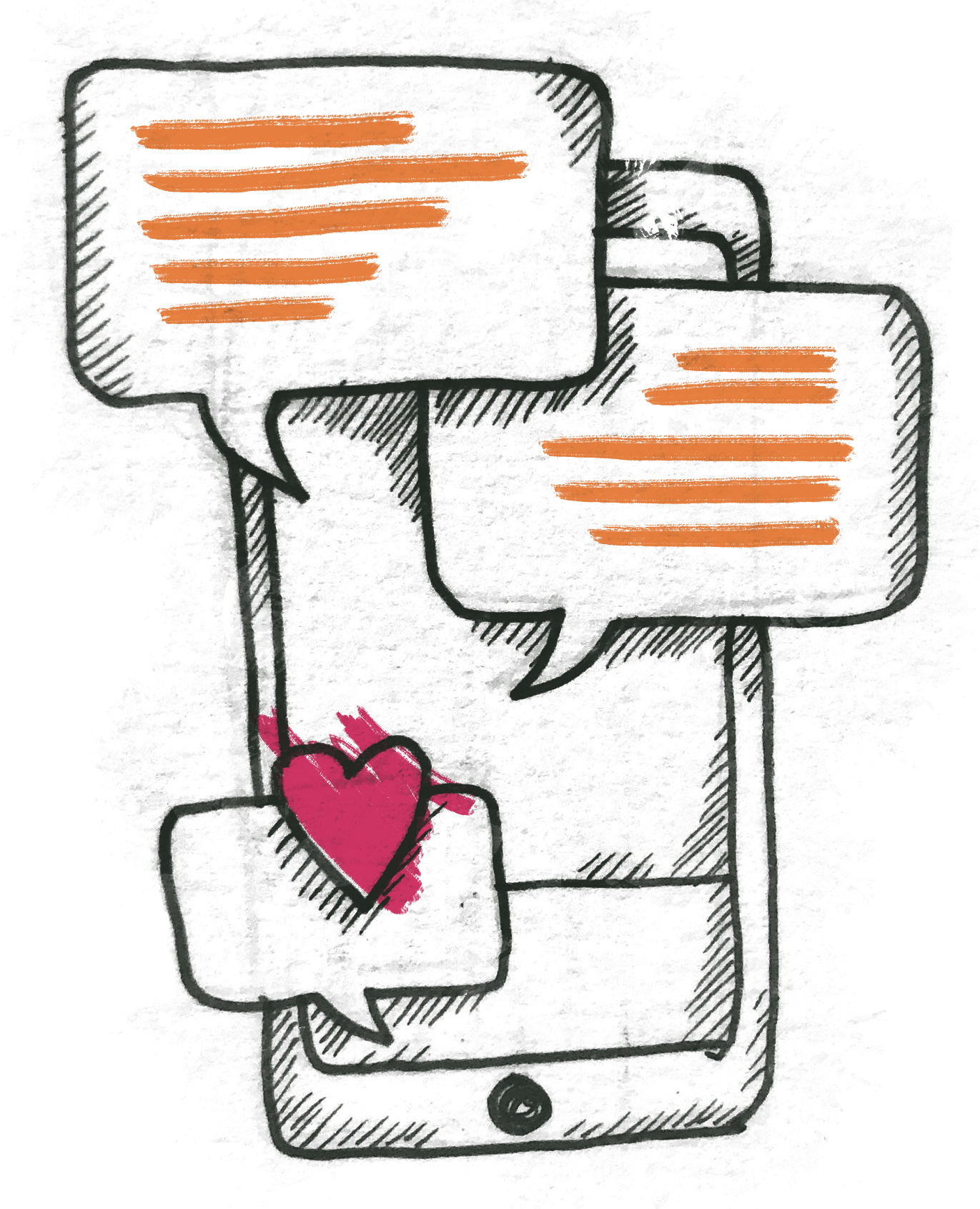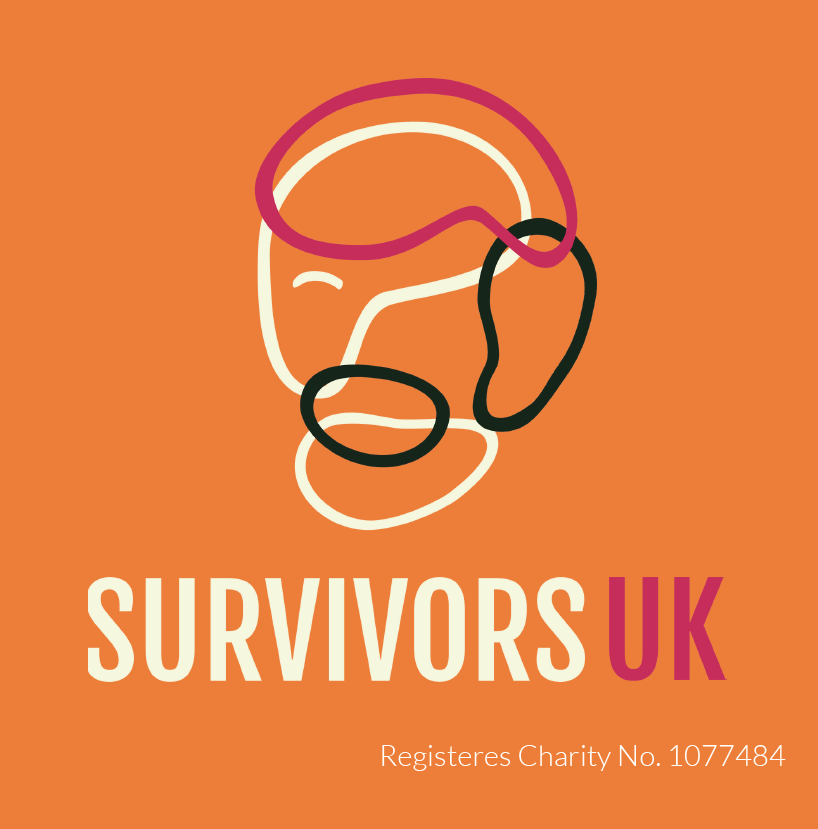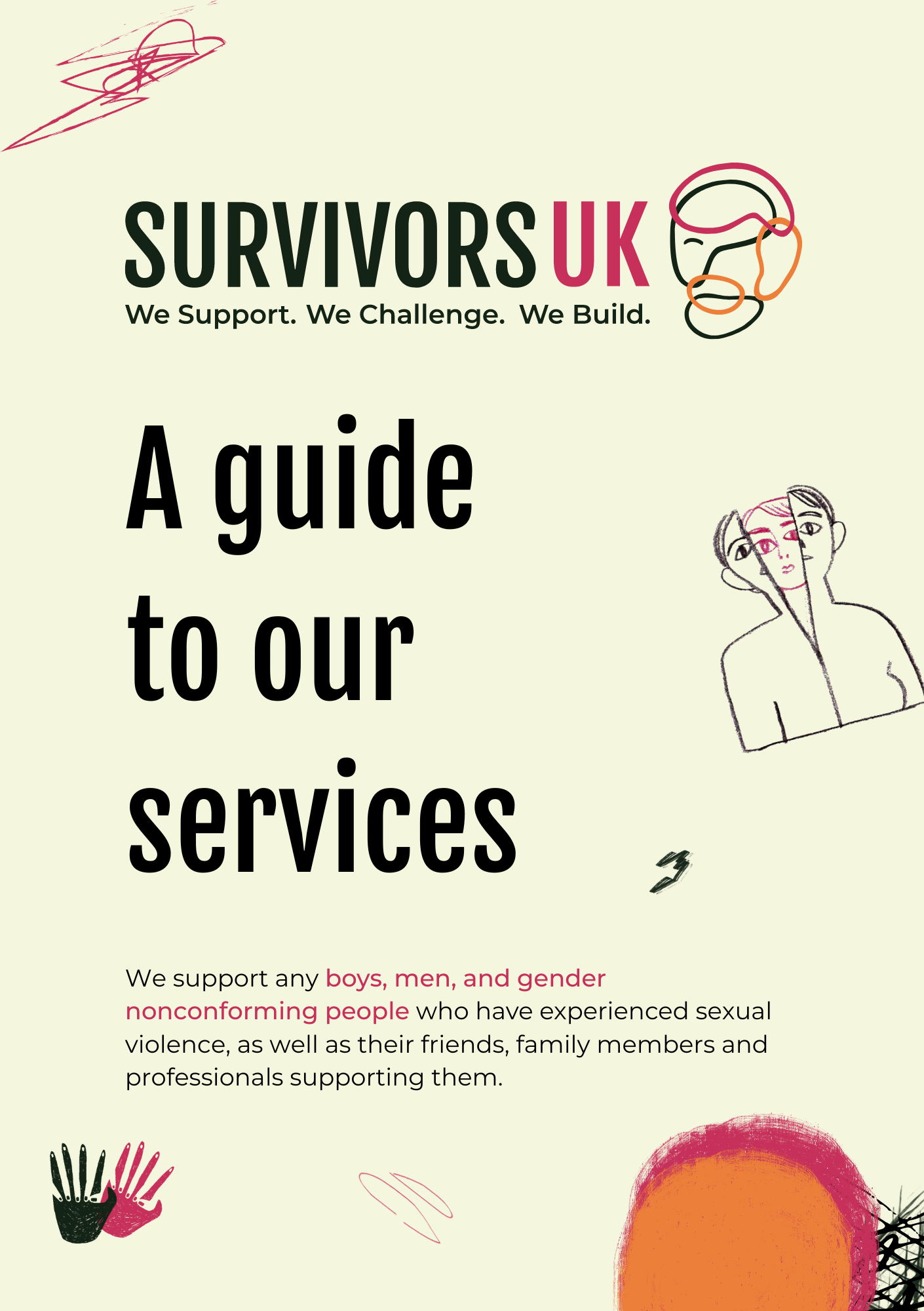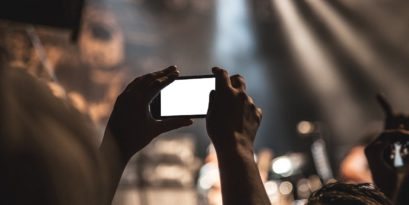
Image based sexual abuse ended my life
If you are affected by this story, we can support you. Find out more here.
Image Based Sexual Abuse, or IBSA, is where a person shares, or takes, an image of you without your consent. You might have shared an image of yourself via a dating app like Grindr, which has found its way into a more public domain. Or at the extreme end of the scale, someone might have betrayed your trust and webcam streamed, or recorded, an image of you whilst having sex with them.
The latter happened to me, back in June 2016. What started off as an utterly disposable and meaningless Chemsex hook up, with another man, for all intent and purposes, ended my life. It was a webcam stream that I knew absolutely nothing about and publicly exposed not only my sexuality but a problem that I had, at that stage of my life, with a substance called Crystal Meth.
After that event, and for the better part of almost 2 years, I struggled with so many aspects of day to day life. I practically disappeared from social media and developed an extreme fear of phones and cameras. Such was its severity that, at its peak, I covered up my phone camera with black electrical tape. I completely lost my ability to trust anyone, including close friends and family. I ceased to live my life, to any standard that could possibly be considered as being normal. The thought of being sexually intimate with anyone would send me into fits of uncontrollable panic, and I feared that I would never be able to be physically intimate with anyone again.
To have so much of your privacy invaded, on this immense scale, can only be described as both a physical and mental rape. It is a violation that rocks you to the very core of your soul and destabilises almost every part of your person. You have been visually ripped apart, in the most invasive way possible. Everyone has a right to live a life that is both private and free from judgement, but when another individual acts without care, or respect, for that privacy you are suddenly naked and exposed in more than just a pictorial sense as you have been stripped of your sense of dignity.
Thankfully, over time, I’ve been able to recover from the trauma that night bestowed on my life. I’ve been in and out of therapy and I’ve spent long spells on anti-depressants as I’ve carefully tried to embrace the world once again…. sometimes it’s been in a less than elegant way – but I did get there eventually. As part of that reorientation experience I decided to remove myself from the destructiveness of substance abuse, and I’ve now been sober from drugs for a year and a half. It’s been an emotional rollercoaster that I simply cannot describe, and whilst the man that I am now bears no resemblance to the man that I was then, I still have some residual ‘battle scars’ that are likely to be an integral part of my psyche for many years to come – for better or for worse.
As a male victim, or perhaps I should say survivor of image abuse, I know exactly how hard it is to step forward, out of the darkness, and cry out for help. Men, whether gay or straight, are judged on a gender stereotype that dictates that we should suffer our emotional pain in silence. Stereotypes of this nature lock us away and make us emotionally unreachable. We fear the judgement of others and the shame that they inflict upon us. There is no shame to be had in crimes of this nature, certainly none that the victim should feel at any rate.
A year ago, I started a journey to raise awareness of Image Abuse (also known as revenge porn), within the LGBTQ community and to use that negative experience from 2016, to power positive change. In 2019 I found the courage to talk about that experience, for the first time, at an event organised on behalf of the Gay Women’s Network. I felt that it was time to give a voice to all male experiencers of these crimes and to speak out about an issue that devastates so many lives within our community. The longer this issue remains an unspoken LGBTQ ‘taboo’, the harder it will be for victims to step forward and seek the help that they so desperately need. The mental devastation caused by these crimes isn’t generally understood but, speaking from experience, I considered taking my own life on several occasions. These experiences can take your mind to some dark places. We simply cannot allow victims to suffer in silence, or to feel that they are alone. I remember how uplifted I felt when I finally connected with another male image abuse survivor.
Whilst image sharing has been with us for decades, and is very much a social norm, our online respect for one another coupled with online behaviours that might not be seen in a more ‘physical’ environment are presenting us with rapid increases in non-consensual image abuse. In fact, during the 2020 lockdown, the number of reported cases has doubled dramatically. In the UK sharing a sexual image, without permission, has been prosecutable by law since 2015, but current legislation still falls short of what it truly required. The good news is that there is a review of this act currently underway, and there are many of us (like myself) who are pushing for these crimes to be reclassified as a sexual offence, which will offer victims the choice of automatic anonymity, something they currently do not have.
A life damaged by these thoughtless and selfish acts can be rebuilt. I hope that my own life is a testament to that fact, and I offer my own story to give hope to someone that cannot see past the next few hours or days. Reach out always, and do not suffer abuse (image or otherwise) in silence. You are not alone.

